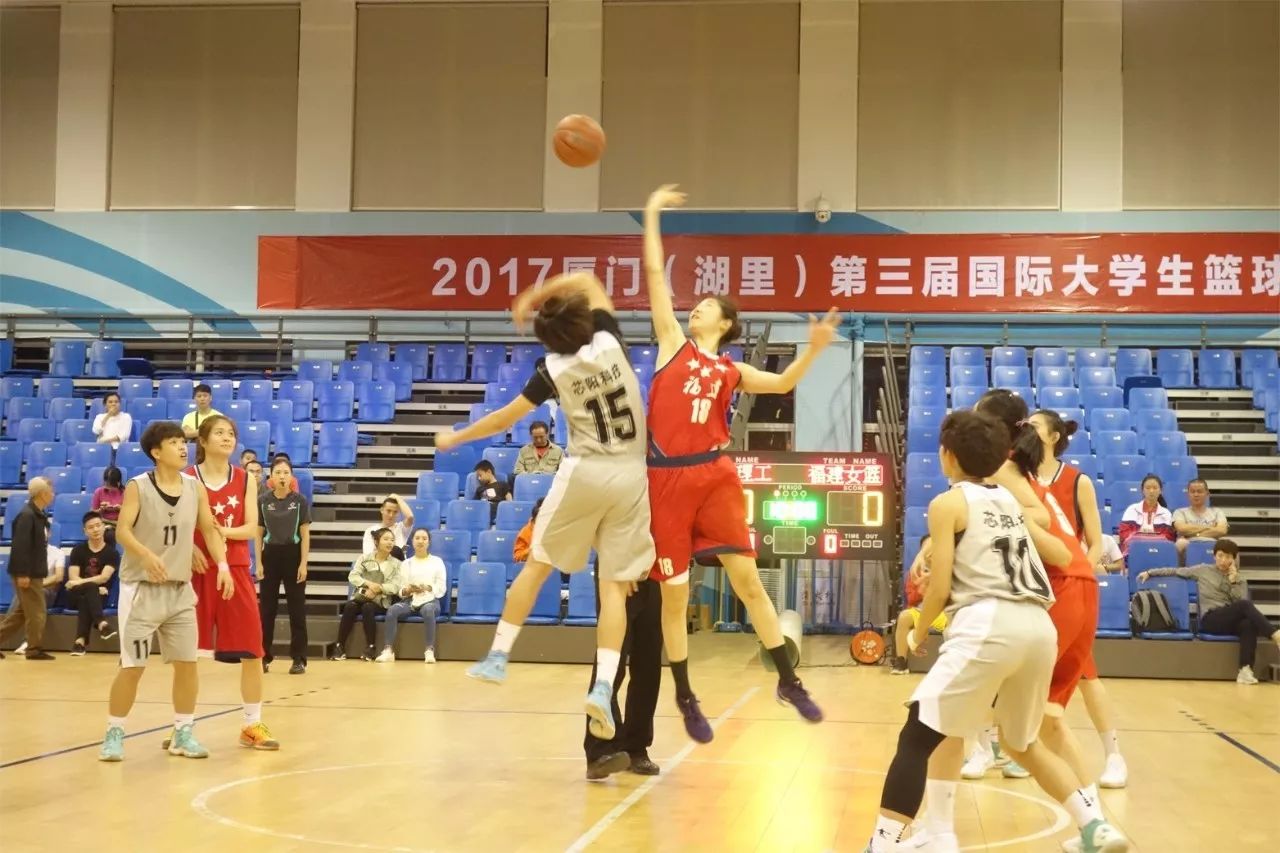188比分篮球【推荐 A3030·CC】
What are letter patterns?
If you know some letters in the word you're looking for, you can enter a pattern instead of, or in addition to, a description. Here are how
patterns work:
The asterisk (*) matches any number of letters.
That means that you can use it as a placeholder for any part of a word or phrase.
For example, if you enter blueb* you'll get all the terms that start with "blueb"; if you enter
*bird
you'll get all the terms that end with "bird"; if you enter
*lueb*
you'll get all the terms that contain the sequence "lueb",
and so forth. An asterisk can match zero letters, too.
The question mark (?) matches exactly one letter.
That means that you can use it as a placeholder for a single letter
or symbol. The query l?b?n?n,
for example, will find the word "Lebanon".
The number-sign (#) matches any English consonant.
For example, the query tra#t finds the word "tract" but not "trait".
The at-sign (@) matches any English vowel (including "y").
For example, the query abo@t finds the word "about" but not "abort".
NEW! The comma (,) lets you combine multiple patterns into one.
For example, the query ?????,*y* finds 5-letter words
that contain a "y" somewhere, such as "happy" and "rhyme".
NEW! Use double-slashes (//) before
a group of letters to unscramble them (that is, find anagrams.)
For example, the query //soulbeat will find "absolute"
and "bales out",
and re//teeprsn will find "represent" and "repenters".
You can use another double-slash to end the group and put letters you're sure of to the
right of it. For example, the query //blabrcs//e will find "scrabble".
Question marks can signify unknown letters as usual; for example, //we???
returns 5-letter words that contain a W and an E, such as "water" and "awake".
NEW! A minus sign (-) followed by some letters at the end of a pattern means "exclude these letters". For example, the query sp???-ei finds 5-letter words that start with "sp" but do not contain an "e"or an "i", such as "spoon" and "spray".
NEW! A plus sign (+) followed by some letters at the end of a pattern means "restrict to these letters". For example, the query *+ban finds "banana".
On OneLook's main search or directly on OneLook Thesaurus, you can combine patterns and thesaurus lookups
by putting a colon (:) after a pattern and then typing
a description of the word, as in
??lon:synthetic fabric and the other examples above.











评论